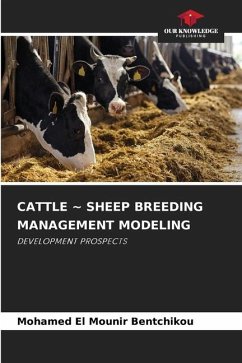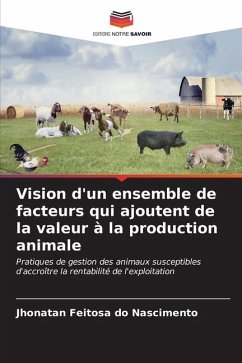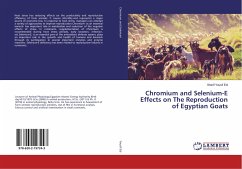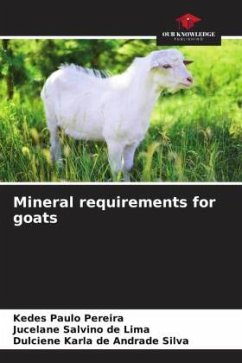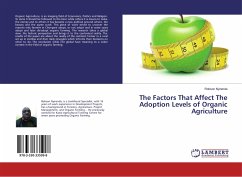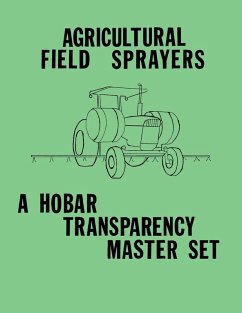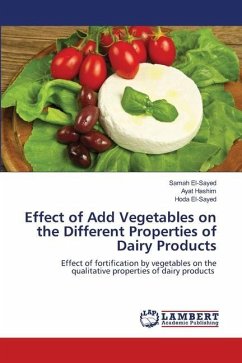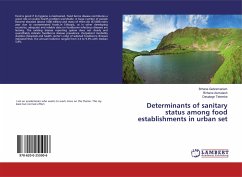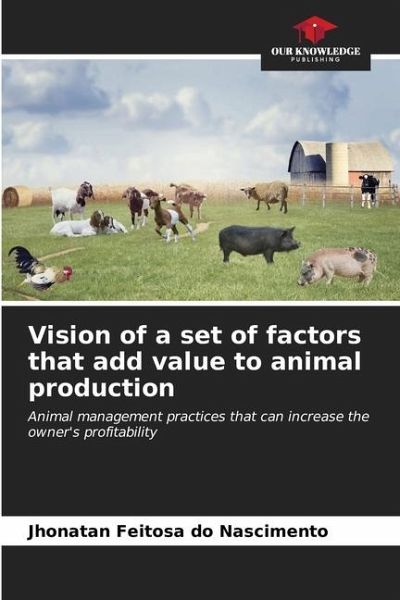
Vision of a set of factors that add value to animal production
Animal management practices that can increase the owner's profitability
Versandkostenfrei!
Versandfertig in 6-10 Tagen
27,99 €
inkl. MwSt.

PAYBACK Punkte
14 °P sammeln!
With increasingly competitive markets and ever more demanding consumers, there is a need to seek information on parameters that seek to qualitatively and quantitatively help them answer their questions about animal productivity. In its 50 years in Brazil, zootechnics has sought to produce rich food that successfully serves its consumers. In this issue we look at critical observations about a system for raising dairy goats in the Paraiba wetlands, feeding kids whose forage palm has been the pinnacle of development in production in the northeast, consultancy observed through the eyes of universi...
With increasingly competitive markets and ever more demanding consumers, there is a need to seek information on parameters that seek to qualitatively and quantitatively help them answer their questions about animal productivity. In its 50 years in Brazil, zootechnics has sought to produce rich food that successfully serves its consumers. In this issue we look at critical observations about a system for raising dairy goats in the Paraiba wetlands, feeding kids whose forage palm has been the pinnacle of development in production in the northeast, consultancy observed through the eyes of university students about goat production in its phases and food and nutritional needs. The male effect and its role in synchronising oestrus in females to be exposed to cover, a low-cost and highly efficient technology. A summary of the importance of women in the domestic production of free-range chickens. With the aim of making the reader aware of technologies that are easy to adopt, this book includes real production cases that show the possible obstacles faced by breeders and also some solutions.





